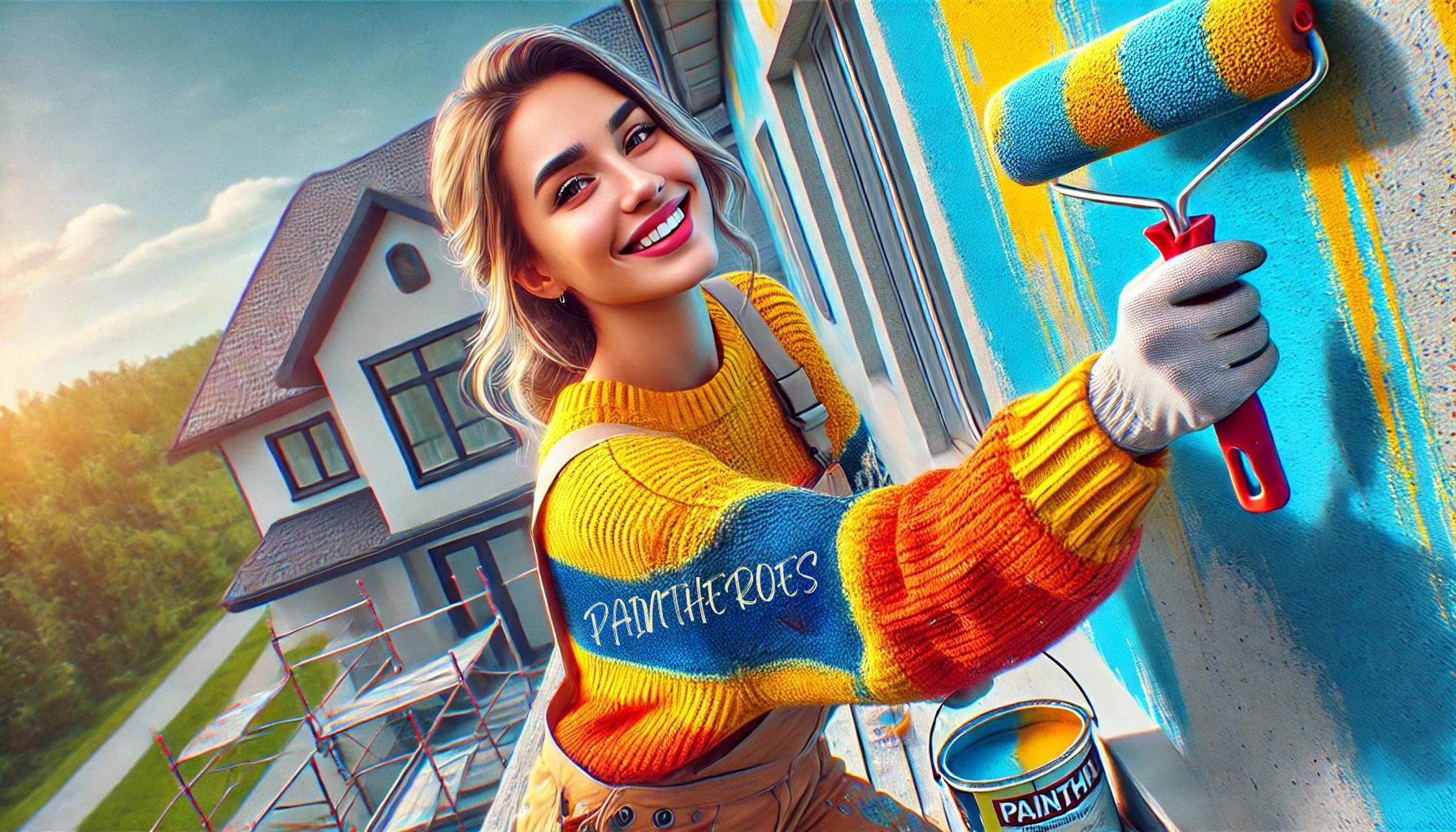Can Anyone Be A Good Painter
Can Anyone Master The Art Of Painting?
Unleashing Your Inner Artist And The Realistic Path To Becoming A Painter
The Initial Steps to Becoming a Painter
Many people gaze at artworks and wonder if they have what it takes to create such beauty themselves. The good news is that painting isn’t an exclusive club. It’s an art form that is accessible to anyone willing to invest time and effort. Let's dive into how you can transform your curiosity about painting into actual skill.
The journey to becoming a good painter begins with debunking the myth that artistic ability is an innate talent possessed by only a select few. Painting, like any skill, can be learned and refined. The first step is to get the right tools and understand the basics. Just as a writer needs a pen and paper, a painter needs quality brushes, paints, and canvases.
Once you have your tools, the next step is learning how to use them. This involves understanding various painting techniques, from blending colors to mastering brush strokes. Think of this phase as laying the groundwork for your future masterpieces. Educational resources, whether online tutorials or local workshops, can provide step-by-step guidance.
Consistency is Key
Improvement comes with practice. The more you paint, the better you'll understand how to manipulate your tools to achieve desired effects. Dedicate time to practice regularly, and don’t be discouraged by the inevitable mishaps along the way. Every mistake is a lesson that brings you closer to mastering your craft.
Nurturing Your Creative Flair
Creativity flourishes with encouragement. Challenge yourself to step outside your comfort zone by experimenting with different styles and subjects. This exploration not only enhances your technical skills but also helps you discover your personal artistic style. Remember, creativity is a skill that improves with practice, much like painting itself.
Engaging with the Art Community
Connecting with other artists can accelerate your growth. Art communities offer support, inspiration, and critical feedback that are crucial for development. Whether through online forums, social media, or local art clubs, engaging with peers can provide motivation and new perspectives on your work.
Painting is more than an art—it's a skill that anyone can develop with patience and practice. By starting with the basics, committing to regular practice, and engaging with the art community, you’re well on your way to becoming not just a painter, but a confident creator of visual experiences. Embrace this journey, and let every brushstroke take you closer to realizing your potential as an artist.
Is There A Painter In Everyone? Exploring The Potential For Artistic Skill In All Of Us
Experience The Hidden Artist Within And The Journey For Every Aspiring Painter
What Makes a Good Painter?
Have you ever stood in front of a mesmerizing painting, wondering if you could create something equally captivating? Many people think that great painters are born, not made. However, I firmly believe that with the right approach, anyone can become a proficient painter. Let me take you through why I think so and how you can embark on this artistic journey yourself.
The idea that painting is a skill reserved for the few is outdated. Just as anyone can learn to cook a good meal or write a decent story, painting skills can be taught and developed. The first step is to challenge the notion that you need some inherent, mystical talent to start painting. Instead, think of painting as a set of skills that, like any other, can be mastered with practice and dedication.
Learning the Basics
The foundation of any good painter is understanding the basics. This includes getting familiar with different brushes, paints, and canvases. It’s akin to learning the alphabet before you write a novel. You start simple, with basic strokes and techniques. You learn how to mix colors, how to apply them, and how to envision a composition that pleases the eye. These are technical skills that anyone can grasp with enough practice.
Practicing Regularly
Just as a musician practices their scales, a painter needs to be consistent. Regular practice is what sharpens your skills and deepens your understanding of your craft. Each painting you create builds your confidence and hones your ability to translate vision into reality. The key is not to get discouraged by initial failures but to see them as stepping stones. Each brushstroke teaches you something new.
Cultivating Creativity
Creativity is not a finite resource that only a few possess; it's a muscle that gets stronger with use. The more you paint, the more you’ll find your unique style and voice. Inspiration can be nurtured by exposing yourself to various art forms, experimenting with different styles, and pushing the boundaries of what you think you can do.
Connecting with Others
Joining art classes or workshops can provide invaluable support and feedback. Learning from others, sharing your progress, and getting constructive criticism are essential parts of growing as a painter. Community is where creativity thrives, and engaging with fellow artists can propel your skills to new heights.
In conclusion, anyone with the drive to learn and the willingness to practice can become a good painter. The journey might be challenging, but it is incredibly rewarding. Embrace the process, enjoy each step, and watch as the world of painting opens up before you. Who knows? You might just surprise yourself with what you can create.


